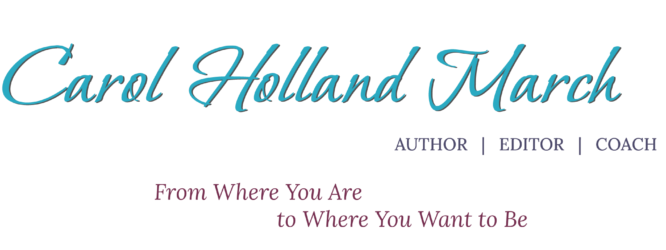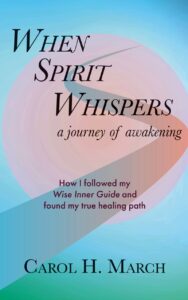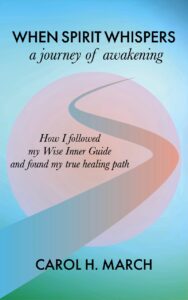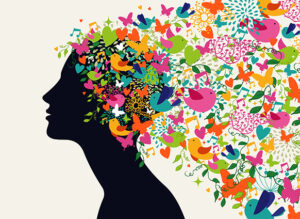 Do you have a story to tell?
Do you have a story to tell?
An idea rumbling around in your mind? A character you see so clearly s/he seems real? An imaginary place you long to create for your character to roam?
Maybe your story is true. An experience from your earlier life. A lesson learned. Inspiration gleaned from succeeding against all odds. The joys of family life or the difficulty of adjusting to loss and sorrow.
We all have stories. We tell them to entertain, inspire, teach, and remember. From one perspective, our lives are stories. Elaborate plots with us serving as both the star of the play and its director.
This is good news, for if we are the director of our own play, we get to change the script. We can try on new roles, change our career, or where we live. We can make new friends and learn new skills. We can let go of what limited us in the past and forge a trail where creativity matters more than the rules we‘ve lived by in the past.
The drive to communicate is basic to being human. Children develop a sense of themselves by the words their parents used to describe them. Young adults strive for identity with educational achievements, jobs, and relationships.
As we get older, the tendency to look back and make sense of our experiences comes into play. We want to tell about who we are, what decisions we made, how life unfolded, and what we learned. At midlife and beyond, many decide to change direction. Start a business, move to a farm and grow organic vegetables, write that book.
Even if no one reads your story, you gain tremendously from the writing. Learning about our younger selves leads to insight and compassion. How our ideas have changed teaches us about growth. Exploring how our personal myth developed over the years is exciting and satisfying.
As a writer, editor, and writing coach, I work with people exploring their creativity. Some are starting out, taking small, tentative steps with their Creative Self.
Others have decided to write a book, short story, or memoir. They need encouragement, resources, and information on how to write more effectively.
Others want help improving their first drafts, preparing for an agent, a publisher, or self-publishing.
We all long to be heard, and one of the greatest benefits of writing our stories—fictional or not—is that words are magic. With them, we create worlds. With them, we change our world. We discover patterns that remain elusive if we keep our ideas trapped in the realm of thought.
When we bring our words into the world, thoughts become real, imagination transmutes into artistic expression. That is the creative act that changes us. And the beautiful thing is we don’t need to write a best-seller, win awards, or find acclaim to reap the benefits of writing our story. All that’s required is to set it down and let the magic unfold.
It is my great honor to help writers tell their stories.




 It’s right there. Behind that tree. In the shadow of the curtain in the room where you sleep. In your dreams, glowing with golden light.
It’s right there. Behind that tree. In the shadow of the curtain in the room where you sleep. In your dreams, glowing with golden light. 




 Shaking hands with ourselves can calm our emotions and reduce stress, but how do we do that?
Shaking hands with ourselves can calm our emotions and reduce stress, but how do we do that?